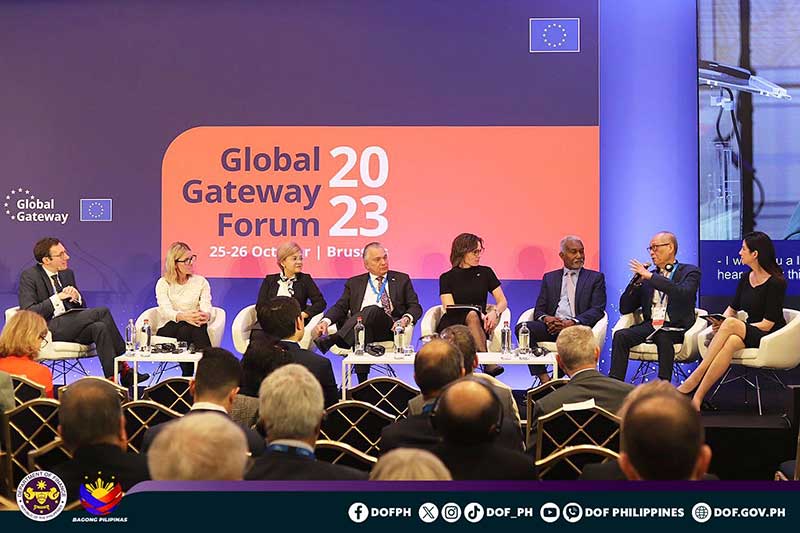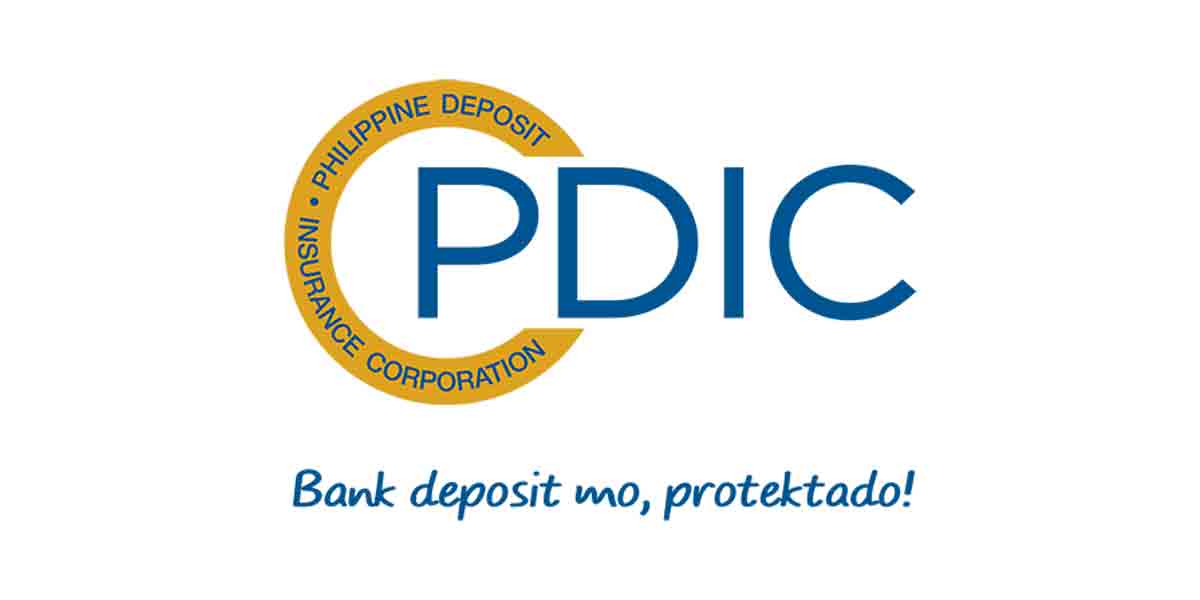
Finance Secretary Benjamin E. Diokno showcased to world leaders the Philippines’ digital connectivity agenda during the European Commission-led Global Gateway Forum on October 26, 2023 in Brussels, Belgium.
In a thematic session on digital infrastructure, Secretary Diokno shared with fellow panelists the Philippine government’s strategies to accelerate the implementation of digital connectivity projects, noting that higher public spending on infrastructure, opening key sectors of the economy to foreign participation, and harnessing private capital and expertise through public-private partnerships (PPPs) are critical to narrowing the digital divide.
“These projects and other initiatives will be instrumental in connecting markets in urban and rural areas, expanding supply chains, simplifying public and private transactions, improving the educational system, and more. We are striving forward to ensure digital inclusion for all Filipinos and to foster an enabling environment for innovation,” the Finance Secretary said.
He further noted that the Philippines has put at the forefront of its agenda the implementation of digital connectivity projects in the government’s priority infrastructure flagship projects list.
“We have identified some 197 big-ticket projects worth about 154 billion US dollars. Out of that, five projects are connected to [digital] interconnectivity, worth about 1.7 billion US dollars,” Diokno explained.
These include the Digital Transformation Centers (Upgraded Tech4Ed Project), National Broadband Program, National Government Data Center, Philippine Identification System, and Road Transport Information Technology Infrastructure Project Phase II (LTFRB IT).
Secretary Diokno added that the Philippine government has made necessary reforms to the PPP policy framework to fully harness PPPs as an additional mode of financing for digital infrastructure.
“Recognizing that all governments face budget constraints, we strengthened the PPP mechanism. In fact, we recently consolidated all the laws on PPPs into one law, making the system more efficient, faster to implement, and simpler,” he remarked.
The digital infrastructure session shone a spotlight on countries’ experiences in mobilizing public and private investment in digital connectivity, strategies to ensure that the digital transition does not exacerbate inequalities, and continuing challenges in narrowing the digital divide.
Secretary Diokno served as a panelist along with World Bank Group Managing Director Anna Bjerde, Costa Rica Minister of Foreign Affairs Arnoldo André Tinoco, Kyrgyzstan Minister of Digital Development Nuria Kutnaeva, Sweden Minister of Foreign Affairs Jessika Roswall, Nigeria Minister of Foreign Affairs Yusuf Maitam Tuggar Oon, and Nokia Chief Corporate Affairs Officer Melissa Schoeb.
Armenian President Vahagn Khachaturyan, Serbian Prime Minister Ana Brnabic, and Estonian Prime Minister Kaja Kallas delivered the keynote speeches.
Aside from digital infrastructure, world leaders led parallel sessions on green energy transition and green hydrogen, education and research, critical raw materials, transport corridors, and health products manufacturing.
Hosted by European Commission President Ursula von der Leyen, the two-day Forum gathered over 40 top government officials from the European Union (EU) and around the world alongside the private sector, civil society, financing institutions, and international organizations to promote public and private investment, while underscoring sustainable development, as well as good governance, transparency, and equal partnership.
Launched in 2021, Global Gateway is a €300-billion program that aims to mobilize public and private investments to develop smart, clean, and secure digital, energy, and transport infrastructure, as well as to strengthen health and education systems of partner countries around the world.



















